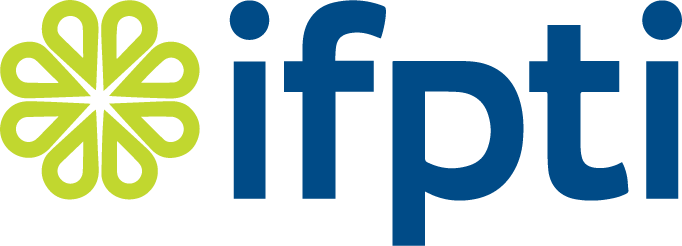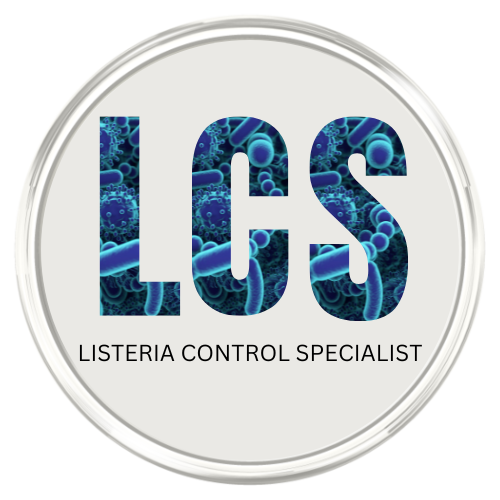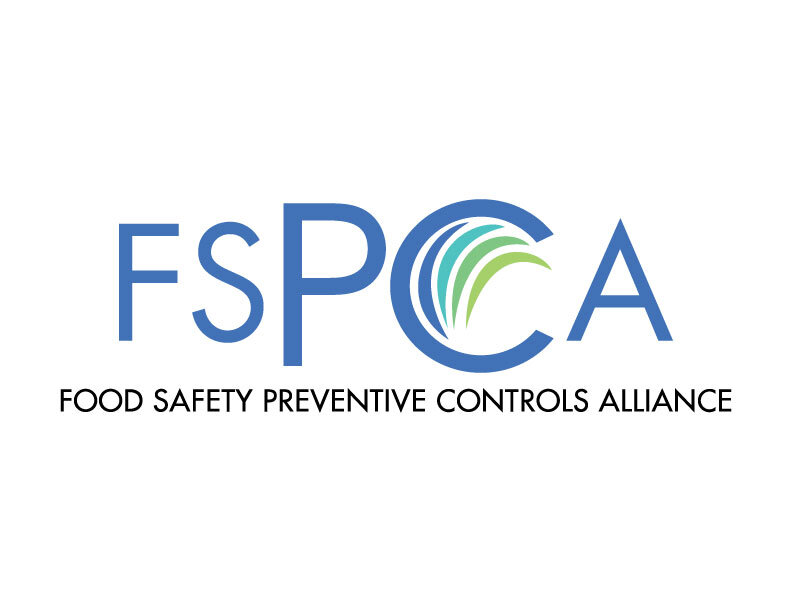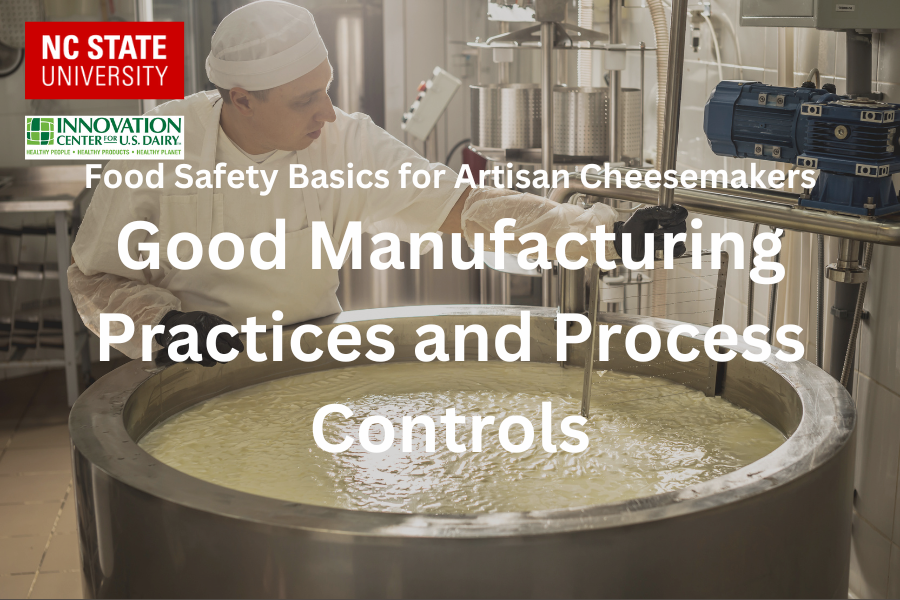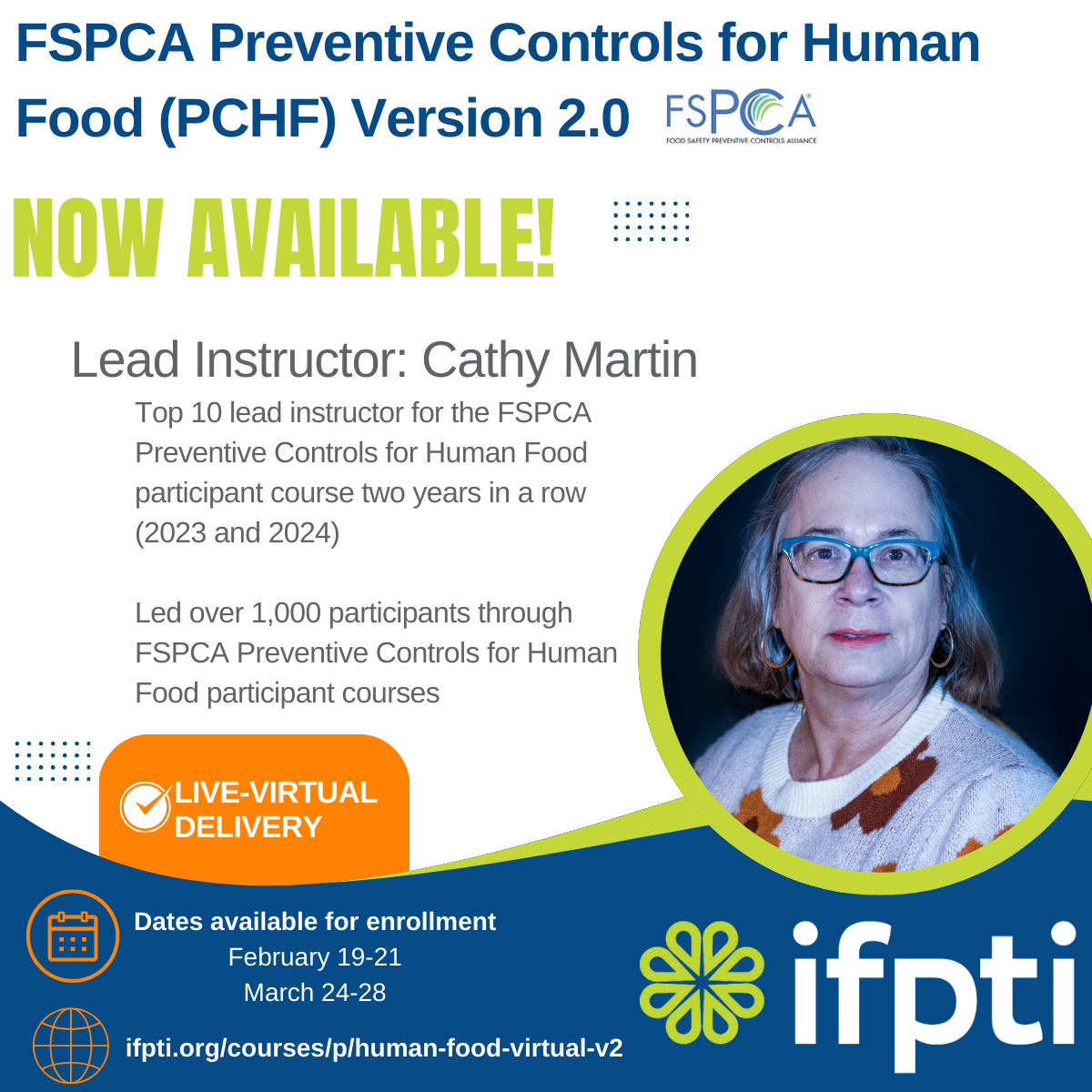 Image 1 of 2
Image 1 of 2

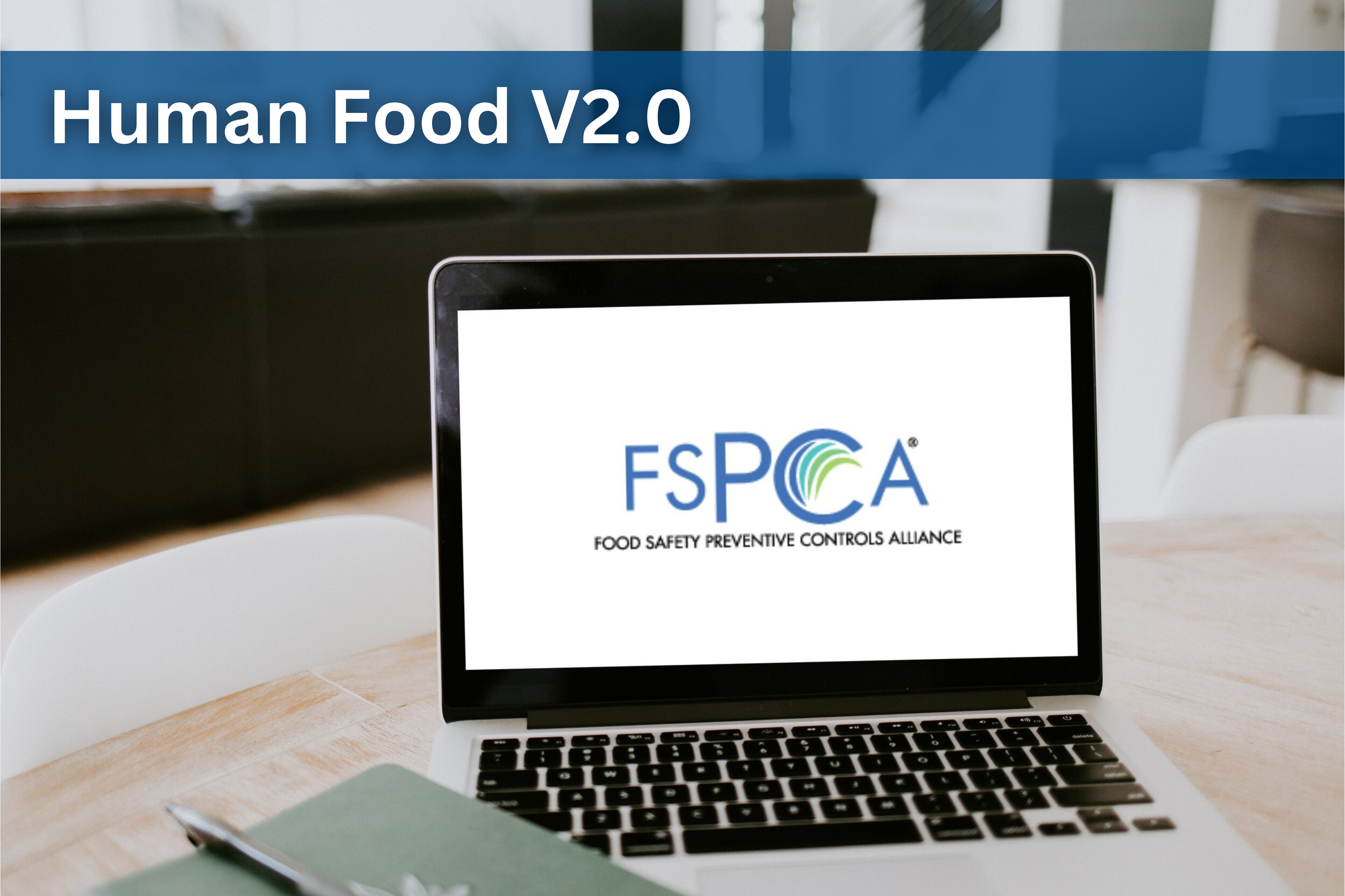 Image 2 of 2
Image 2 of 2

IFPTI Delivery: FSPCA Preventive Controls for Human Food (PCHF) Version 2.0 Participant Course
The Current Good Manufacturing Practices, Hazard Analysis, and Risk-based Preventive Controls for Human Food regulation (referred to as the Preventive Controls for Human Food regulation) are intended to ensure safe manufacturing, processing, packing, and holding of food products for human consumption in the United States.
The regulation requires that certain activities must be completed by a “Preventive Controls Qualified Individual” who has “successfully completed training in the development and application of risk-based preventive controls” at least equivalent to that received under a standardized curriculum recognized as adequate by FDA or be otherwise qualified through job experience to develop and apply a food safety system”.
This course developed by the FSPCA is the “standardized curriculum” recognized by FDA; successfully completing this course is one way to meet the requirements for a “preventive controls qualified individual.”
Version 2.0 Updates
Version 2.0 of the PCHF curriculum integrates information from the FDA's recently issued Hazard Analysis and Risk-Based Preventive Controls for Human Food draft guidance including updates to the hazard analysis course chapter which now includes use of the FDA’s Appendix 1 – Known or Reasonably Foreseeable Hazards and updates to the allergen chapter which now includes sesame.
This updated version of the course helps those who operate primarily under HACCP by improving the linkage between Preventive Controls and HACCP.
In addition to FDA guidance updates, other updates in Version 2.0 include:
• Updated references, e.g., RFR, CDC
• Streamlined sections, reduced redundancy
• Better supports development of key concepts
• Expanded examples to better support application by small and mid-sized producers
• Gain recognition as an approved HACCP-based curriculum
The Current Good Manufacturing Practices, Hazard Analysis, and Risk-based Preventive Controls for Human Food regulation (referred to as the Preventive Controls for Human Food regulation) are intended to ensure safe manufacturing, processing, packing, and holding of food products for human consumption in the United States.
The regulation requires that certain activities must be completed by a “Preventive Controls Qualified Individual” who has “successfully completed training in the development and application of risk-based preventive controls” at least equivalent to that received under a standardized curriculum recognized as adequate by FDA or be otherwise qualified through job experience to develop and apply a food safety system”.
This course developed by the FSPCA is the “standardized curriculum” recognized by FDA; successfully completing this course is one way to meet the requirements for a “preventive controls qualified individual.”
Version 2.0 Updates
Version 2.0 of the PCHF curriculum integrates information from the FDA's recently issued Hazard Analysis and Risk-Based Preventive Controls for Human Food draft guidance including updates to the hazard analysis course chapter which now includes use of the FDA’s Appendix 1 – Known or Reasonably Foreseeable Hazards and updates to the allergen chapter which now includes sesame.
This updated version of the course helps those who operate primarily under HACCP by improving the linkage between Preventive Controls and HACCP.
In addition to FDA guidance updates, other updates in Version 2.0 include:
• Updated references, e.g., RFR, CDC
• Streamlined sections, reduced redundancy
• Better supports development of key concepts
• Expanded examples to better support application by small and mid-sized producers
• Gain recognition as an approved HACCP-based curriculum
The Current Good Manufacturing Practices, Hazard Analysis, and Risk-based Preventive Controls for Human Food regulation (referred to as the Preventive Controls for Human Food regulation) are intended to ensure safe manufacturing, processing, packing, and holding of food products for human consumption in the United States.
The regulation requires that certain activities must be completed by a “Preventive Controls Qualified Individual” who has “successfully completed training in the development and application of risk-based preventive controls” at least equivalent to that received under a standardized curriculum recognized as adequate by FDA or be otherwise qualified through job experience to develop and apply a food safety system”.
This course developed by the FSPCA is the “standardized curriculum” recognized by FDA; successfully completing this course is one way to meet the requirements for a “preventive controls qualified individual.”
Version 2.0 Updates
Version 2.0 of the PCHF curriculum integrates information from the FDA's recently issued Hazard Analysis and Risk-Based Preventive Controls for Human Food draft guidance including updates to the hazard analysis course chapter which now includes use of the FDA’s Appendix 1 – Known or Reasonably Foreseeable Hazards and updates to the allergen chapter which now includes sesame.
This updated version of the course helps those who operate primarily under HACCP by improving the linkage between Preventive Controls and HACCP.
In addition to FDA guidance updates, other updates in Version 2.0 include:
• Updated references, e.g., RFR, CDC
• Streamlined sections, reduced redundancy
• Better supports development of key concepts
• Expanded examples to better support application by small and mid-sized producers
• Gain recognition as an approved HACCP-based curriculum
